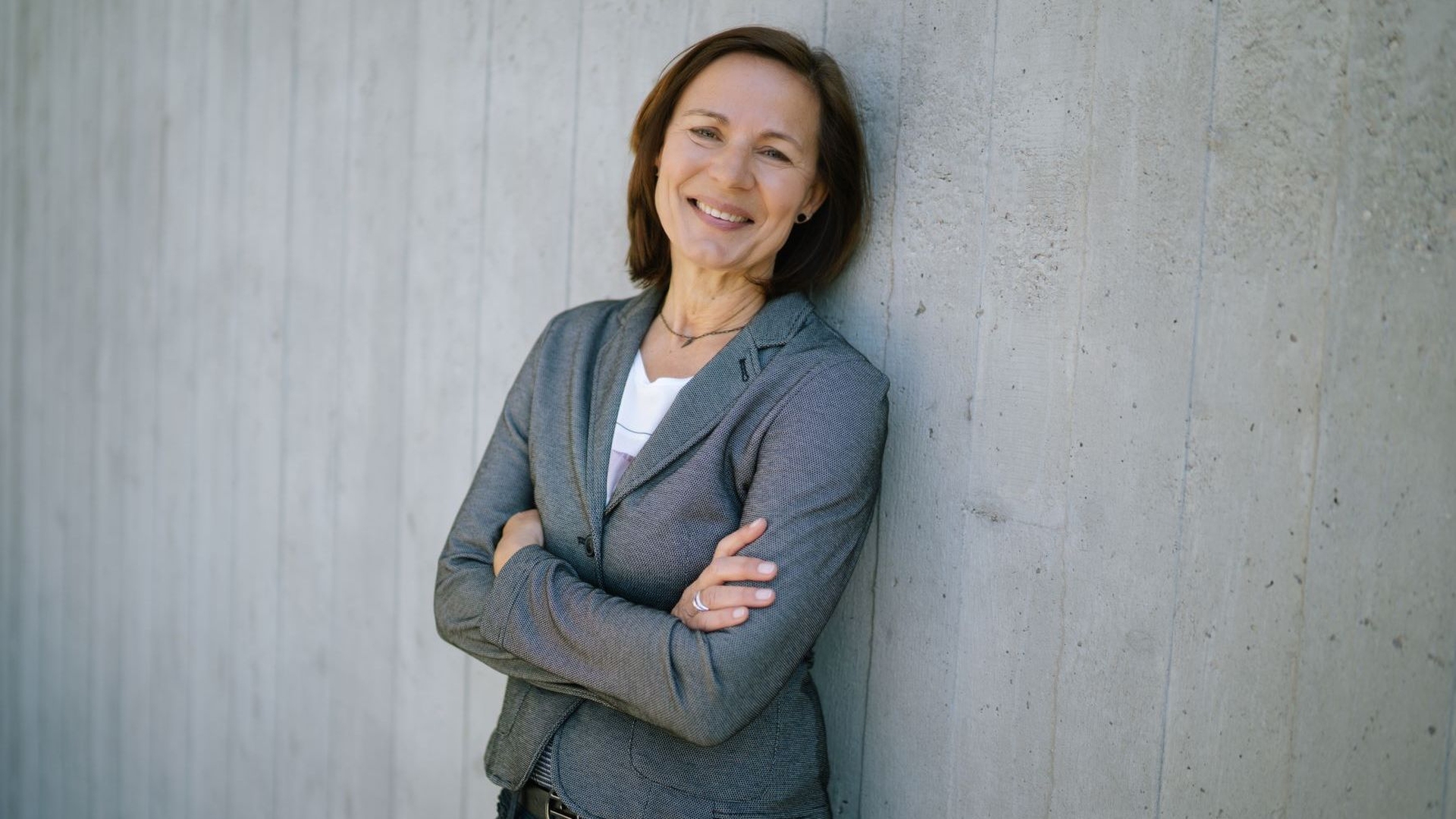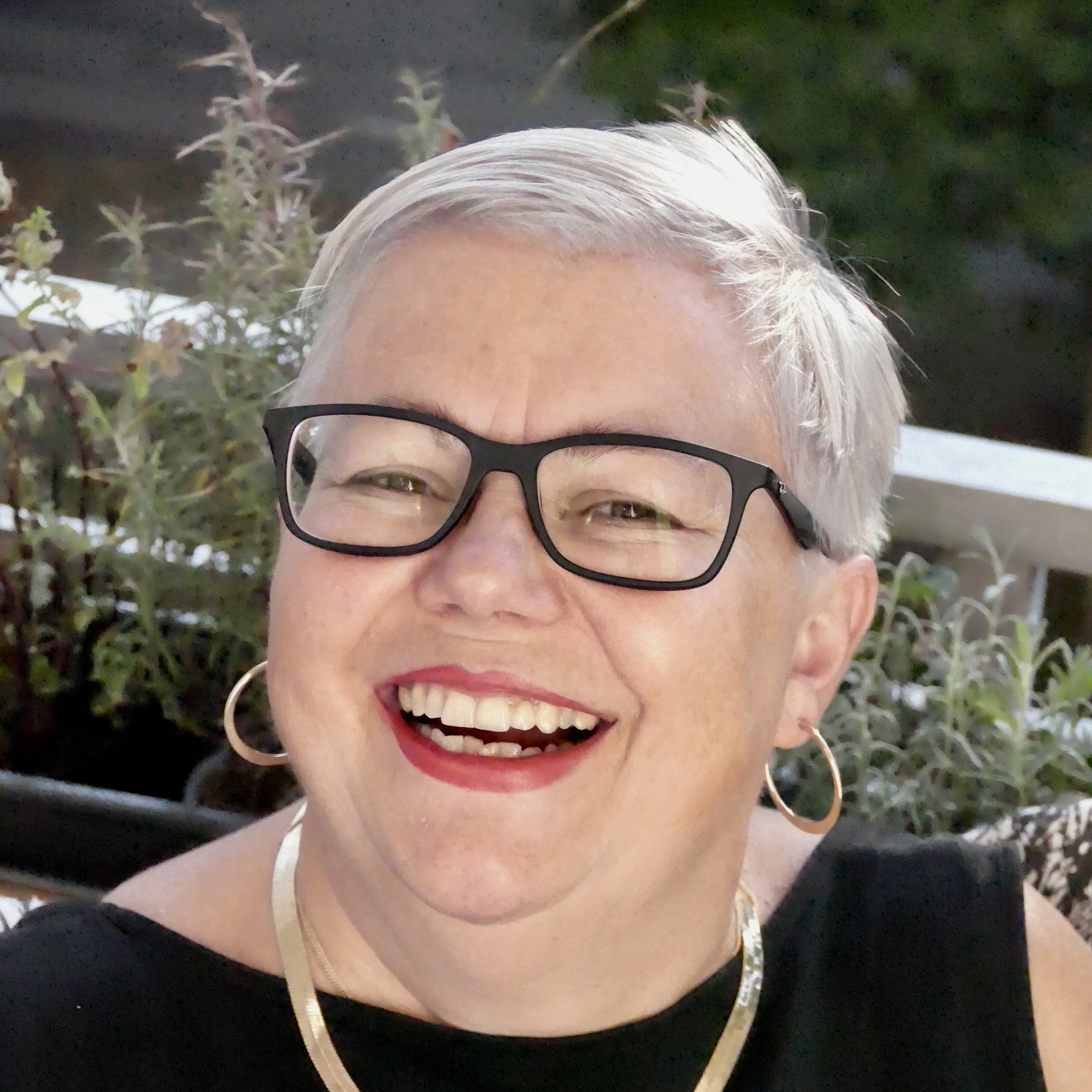
An unexpected appreciation
HITT Amsterdam: AI and robots are the new hospitality helpers
Autoren

Kirsten Posautz
studied comparative literature in Mainz, completed a traineeship and then worked for specialised publishing houses and companies as well as freelance journalists for print media and PR agencies. The hotel industry crystallised early on as her focus. She dedicated herself to this industry at the trade magazine Top hotel, later also as co-author of a B2C hotel guide series and as project manager of spa and wellness books. Most recently, Kirsten Posautz was deputy editor-in-chief of the trade magazine hotelbau before moving to hospitalityInside.com in the same position in February 2024.

Beatrix Boutonnet
is a Hotel manager, graduate in business administration (FH) and as a business journalist our real estate and fund specialist. Apart from that, she loves cooking and everything French and Japanese.

Maria Pütz-Willems
is a passionate writer who travelled to over 40 countries and got to know the media world from many perspectives. She has been reporting on the international hotel industry for over 30 years and founded hospitalityInside.com in 2005. She finds her balance with fresh air, sports, cooking and sociable friends.
